-
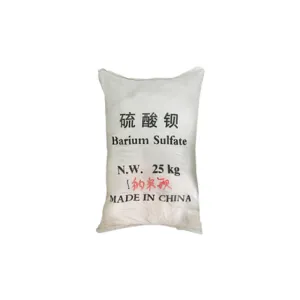 Wufeng Weitai Nano Barium Sulfate 8000 mesh
Wufeng Weitai Nano Barium Sulfate 8000 mesh -
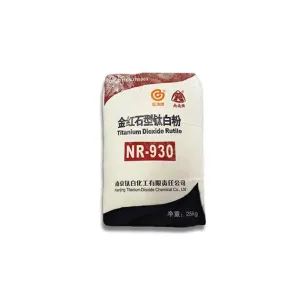 High Hiding Power Nantai Rutile Titanium Dioxide NR-930 Used for Plastic&Papermaking
High Hiding Power Nantai Rutile Titanium Dioxide NR-930 Used for Plastic&Papermaking -
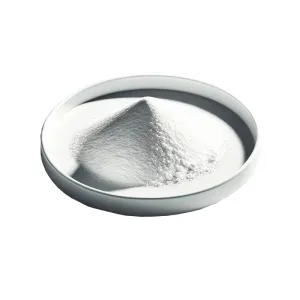 Hydrated Lime
Hydrated Lime -
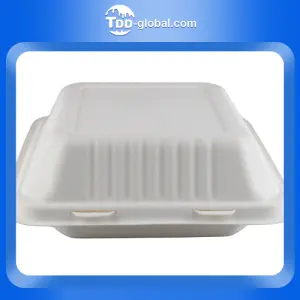 Factory directly supply good price rectangle square disposable paper dishes round oval plates
Factory directly supply good price rectangle square disposable paper dishes round oval plates -
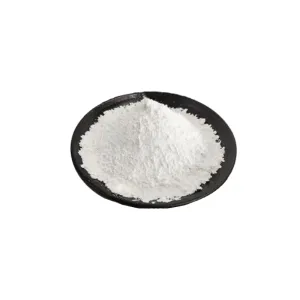 Huachuang Barium Sulfate Precipitated 3000 Mesh
Huachuang Barium Sulfate Precipitated 3000 Mesh -
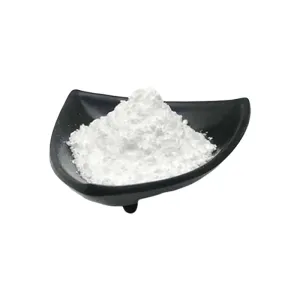 Food Grade L-carnitine 99% powder
Food Grade L-carnitine 99% powder -
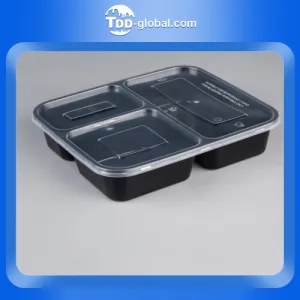 S1031 Plastic Meal Prep Containers with Lids, 1000ml Leakproof Rectangular Food Storage Container Box for Restaurant
S1031 Plastic Meal Prep Containers with Lids, 1000ml Leakproof Rectangular Food Storage Container Box for Restaurant
Q
what vehicles take e85
I'm a seasoned industrial engineer with a keen interest in machine learning. Here to share insights on latest industry trends.
To identify a Briggs & Stratton engine, look for the model, type, and code numbers engraved on the engine. These are typically found on a metallic plate or sticker affixed to the engine housing. The model number helps identify the engine type and specifications, while the type and code numbers provide specific information about the manufacturing date and engine variations. Comparing these numbers against Briggs & Stratton's documentation or website allows for precise identification. It's also useful for ordering parts or seeking technical support. Always ensure your engine is off and cool before locating these identifiers to maintain safety.
I'm a seasoned industrial engineer with a keen interest in machine learning. Here to share insights on latest industry trends.
Worn gaskets. seals or rings can dry out. crack or become damaged due to regular exposure to hot and cold cycles. This can result in oil leaks. Similarly. depending on the life and condition of your vehicle. certain metal parts may be prone to corrosion. which can also lead to oil leaks. Additionally. if parts associated with the vehicle's oil system are not installed correctly. leaks may occur. Excessive engine pressure can also cause damage to gaskets and seals. preventing them from retaining oil and resulting in leaks. Physical collisions or damage from rocks or debris can puncture or damage components. leading to oil leaks as well. Furthermore. improper maintenance such as not changing your oil regularly or using the wrong type of oil can contribute to engine damage and subsequently cause oil leaks. Lastly. over time with increased mileage. the overall wear and tear on your vehicle can also be a factor in the development of oil leaks.
You May Like
Titanium is a natural element. It has the symbol symbol on the periodic table of the elements. and it is the ninth most abundant element in the earth's crust.
William Gregor. an English clergyman. discovered titanium in 1791.
While titanium dioxide TiO2 is generally water-insoluble. it can be dispersed and stabilized in liquid media with the help of suitable dispersants. given the right conditions such as pH levels. To dissolve TiO2. strong inorganic acids like hydrochloric or sulfuric acid are typically used. However. it is important to note that this process should be carried out under strict control. as these acids can be corrosive and pose a safety hazard. As a precaution. always wear personal protective gear and adhere to safety protocol.
You May Like
Q&A
- •decomposotion reaction polypropylene
- •wheelbarrow polypropylene
- •difference between polypropylene and polyamide
- •what are heart pvcs and pacs
- •does toilet paper have titanium dioxide
Popular Information
- •Suez to build water treatment facility for chemical firm in Thailand
- •Hindustan Organic Chemicals to re-start caustic soda plant
- •Aluminimum prices likely to stay high: TK Chand, CMD, NALCO
- •Buy Gujarat Alkalies & Chemicals, target Rs 650: Sameet Chavan
- •Delisted Chemplast Sanmar files papers for Rs 3,500 crore IPO











